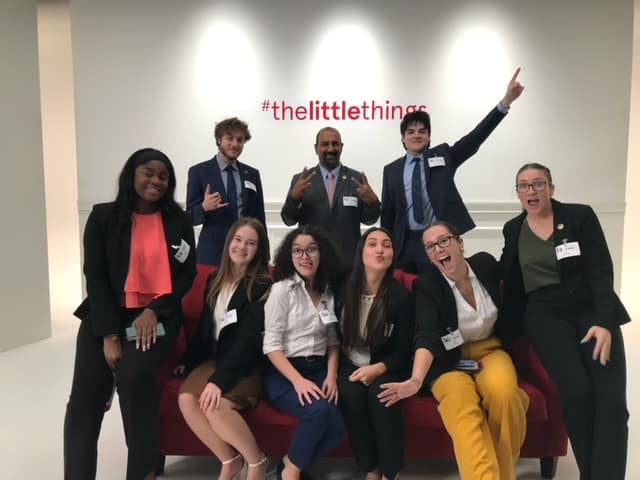The STARS Mission
The Mission of STARS is increase participation of college students on campus, engage K-12 students in STEM activities, increase student engagement (and impact) in the community and to grow the IT/computing workforce.
HOW DO WE APPLY THIS AT FSU?
At FSU, these interventions focus on projects and programs that start at elementary school and progress through graduate school and on to IT/computing careers.

Educate and bring awareness
To K-12 populations about IT/computing education programs, careers, service, etc.

Foster and bridge
Student readiness for IT/computing and increase the number of undergraduates who enter IT/computing graduate school or the workforce.

Sustain and institutionalize
Effective best practices and community building strategies at alliance institutions. Working on-campus to build communities.

Disseminate and increase
Share research, information and ideas with other chapters and with our educational institutions.

AT THE NATIONAL LEVEL
STARS Computing Corps is a national community of regional partnerships with a mission to grow the 21st century technology workforce. The Corps is a framework for integrating engagement into computing departments for recruitment and graduation of undergraduate and graduate students.
STARS Computing Corps aims to expand the national community of computing students by improving pathways in computing and AI education to the future computing and AI workforce. STARS implements evidence-based programs designed to promote persistence in computing degree programs and entry to the tech workforce. STARS activities are open to all college students, faculty, and administrators in computing-related fields.
Corps students collaborate with regional K-12 schools, industry, and community partners to inform, engage, and prepare upcoming students for entry and success in college IT/computing programs. Through student-led regional engagement that includes peer mentoring, team projects, and research experiences, STARS Computing Corps students are emerging as the future innovators of tomorrow.
This past year (Fall 2024/Spring2025), STARS conducted 137 activities, devoting over 477 hours of actual event time to reach 7507 students.
